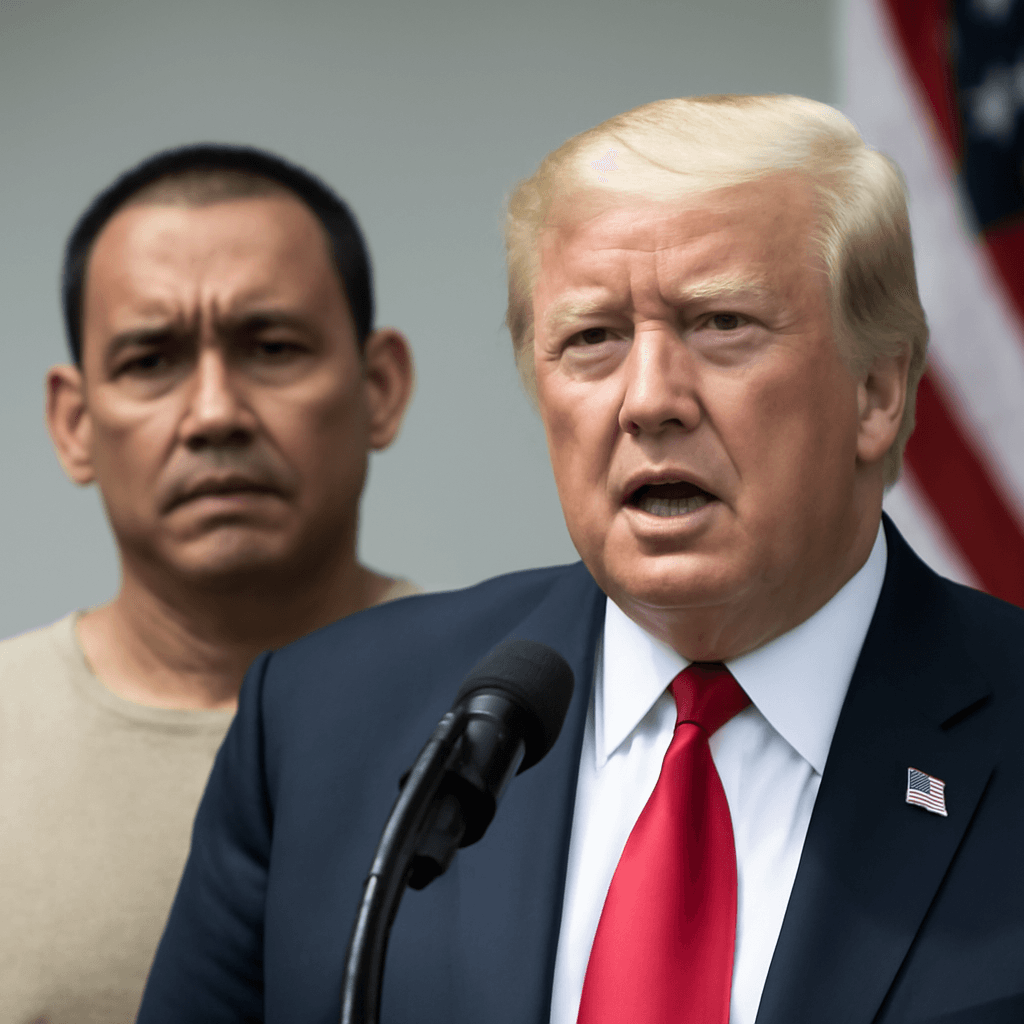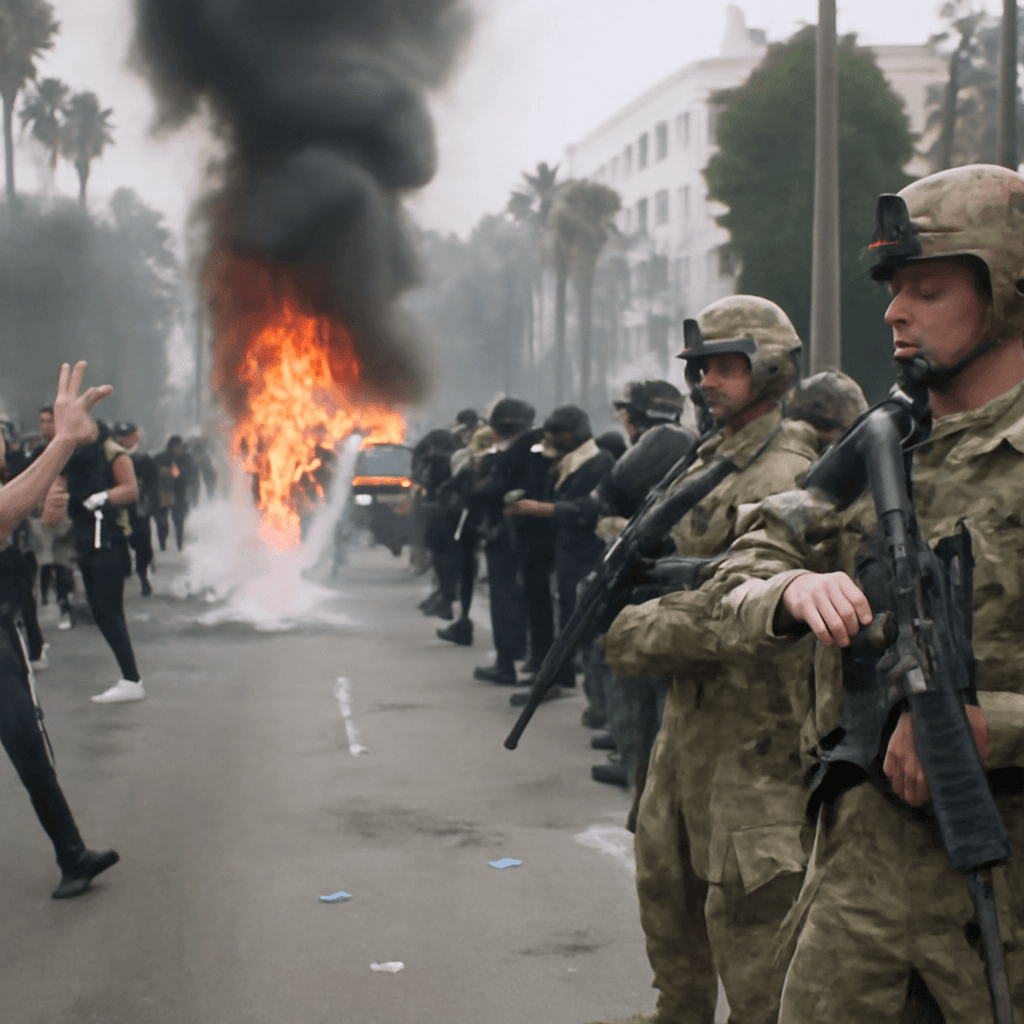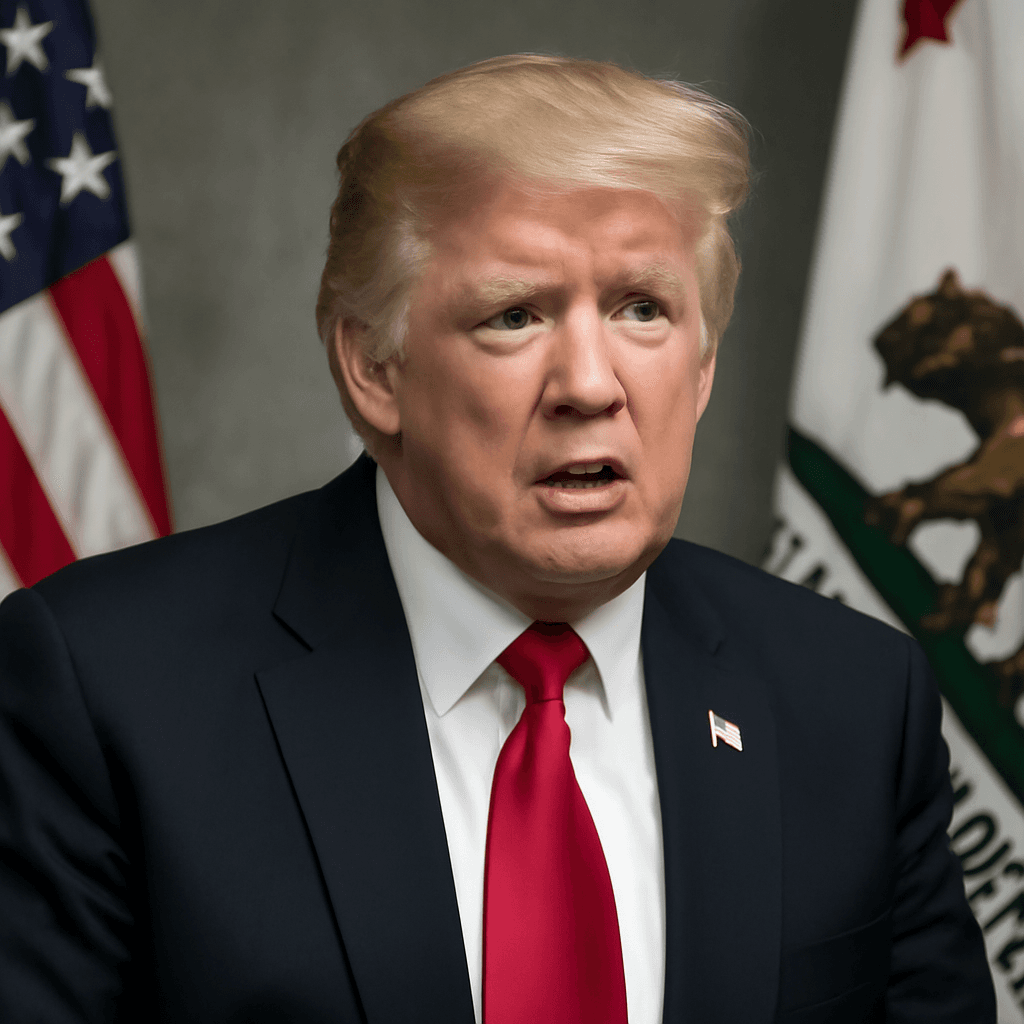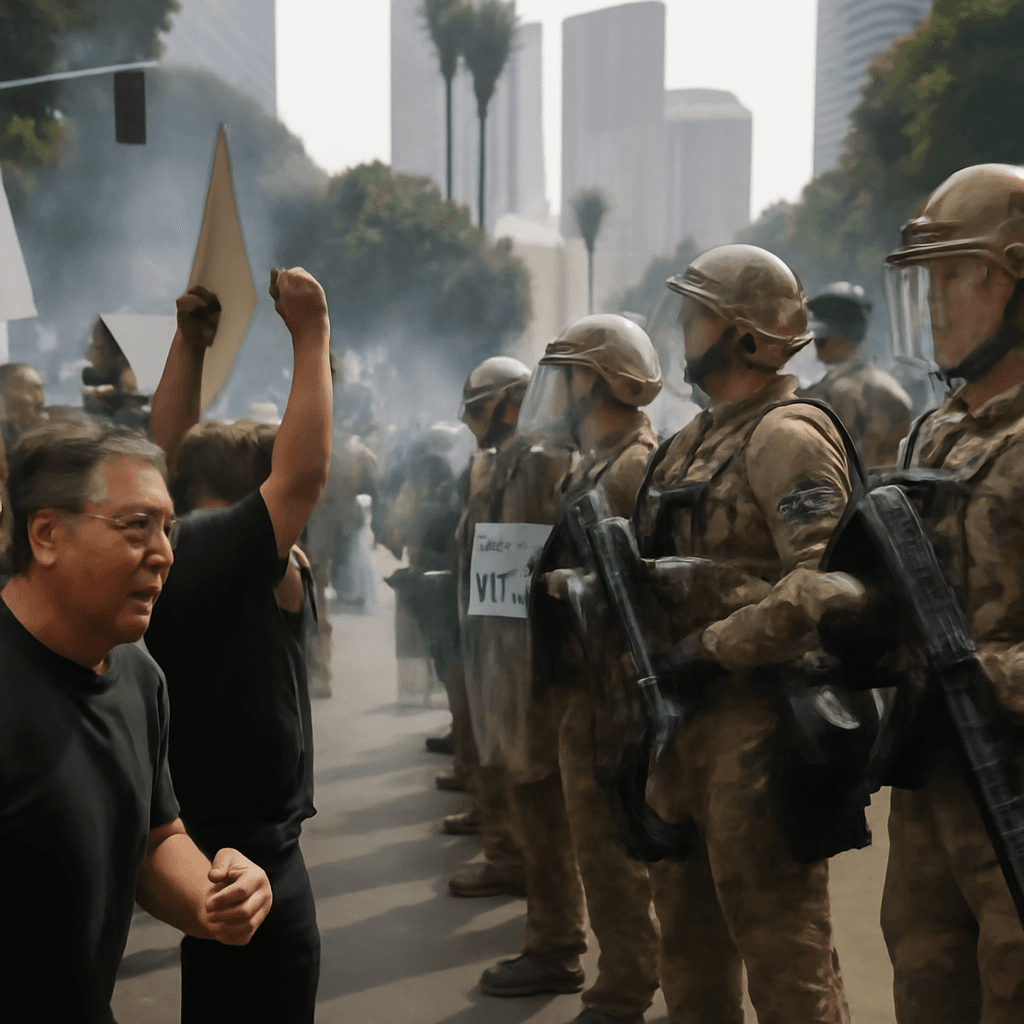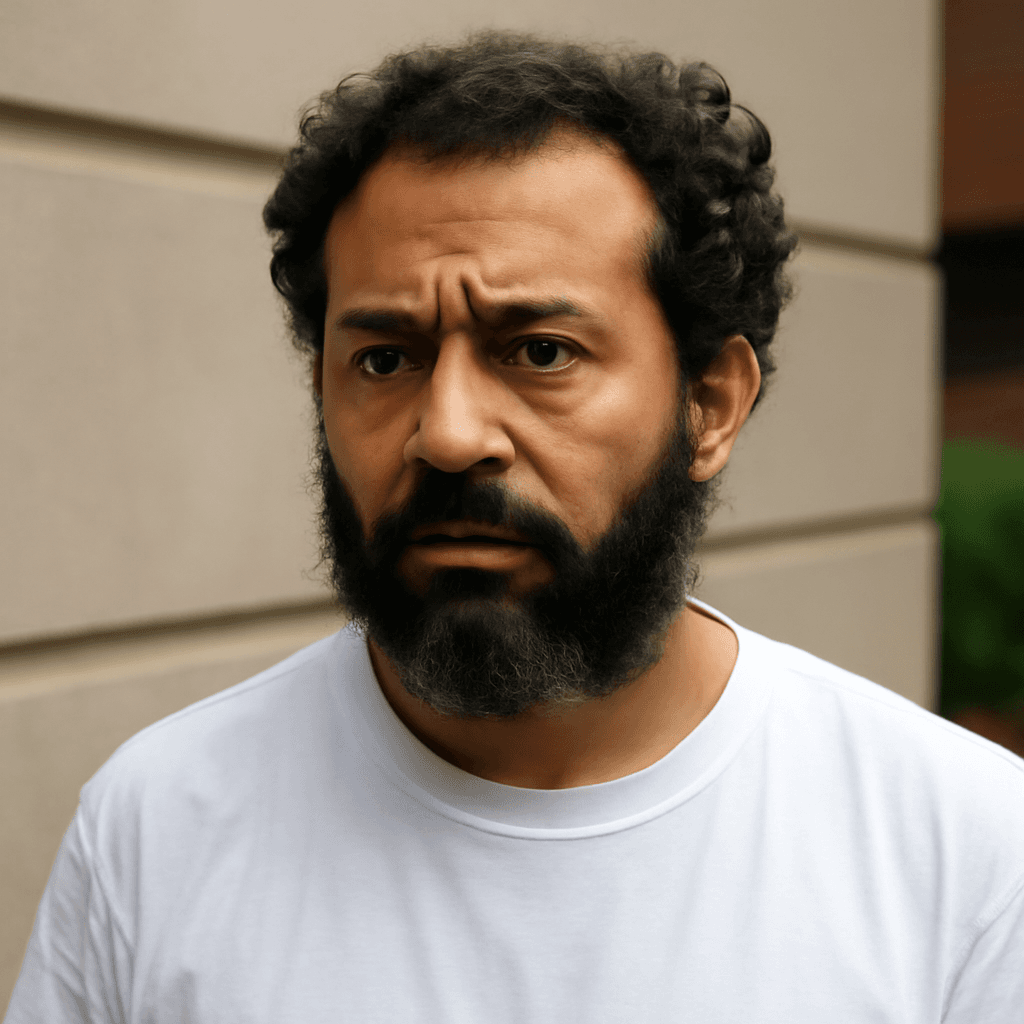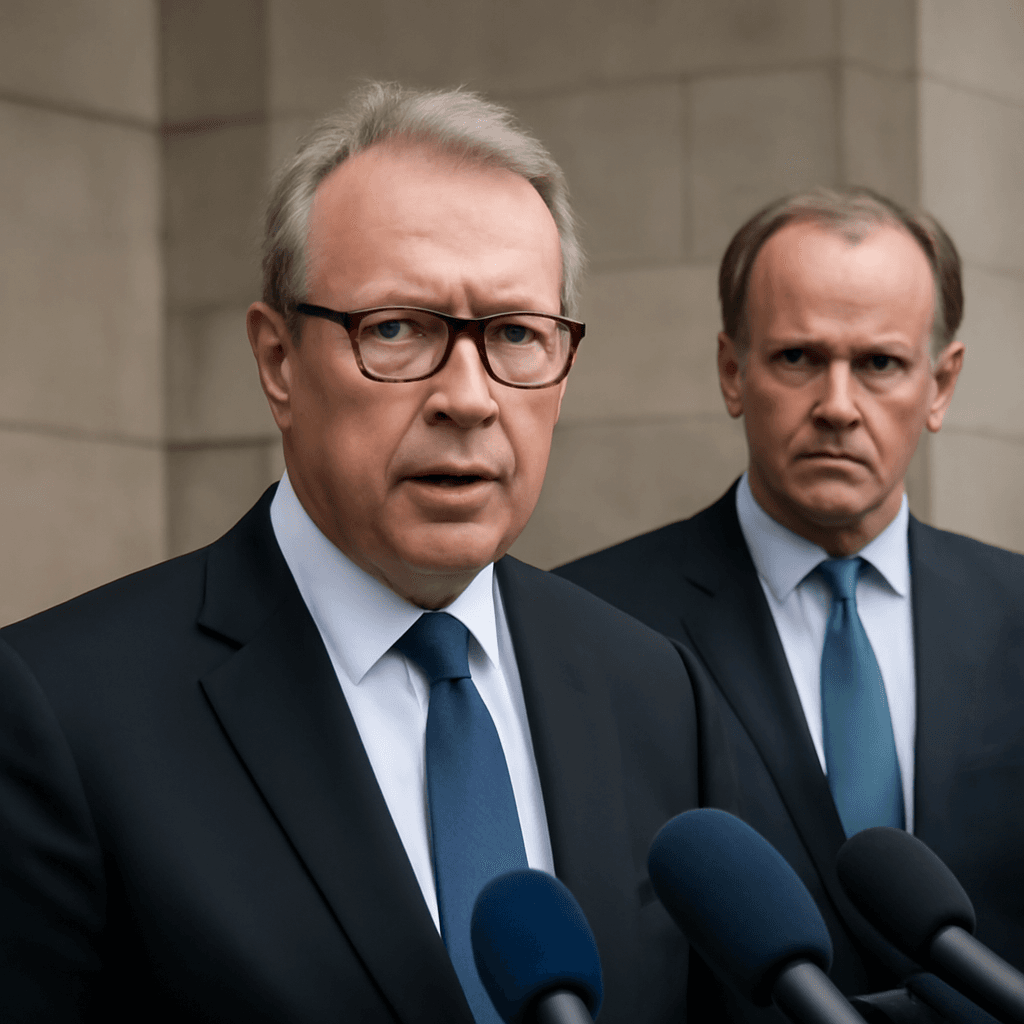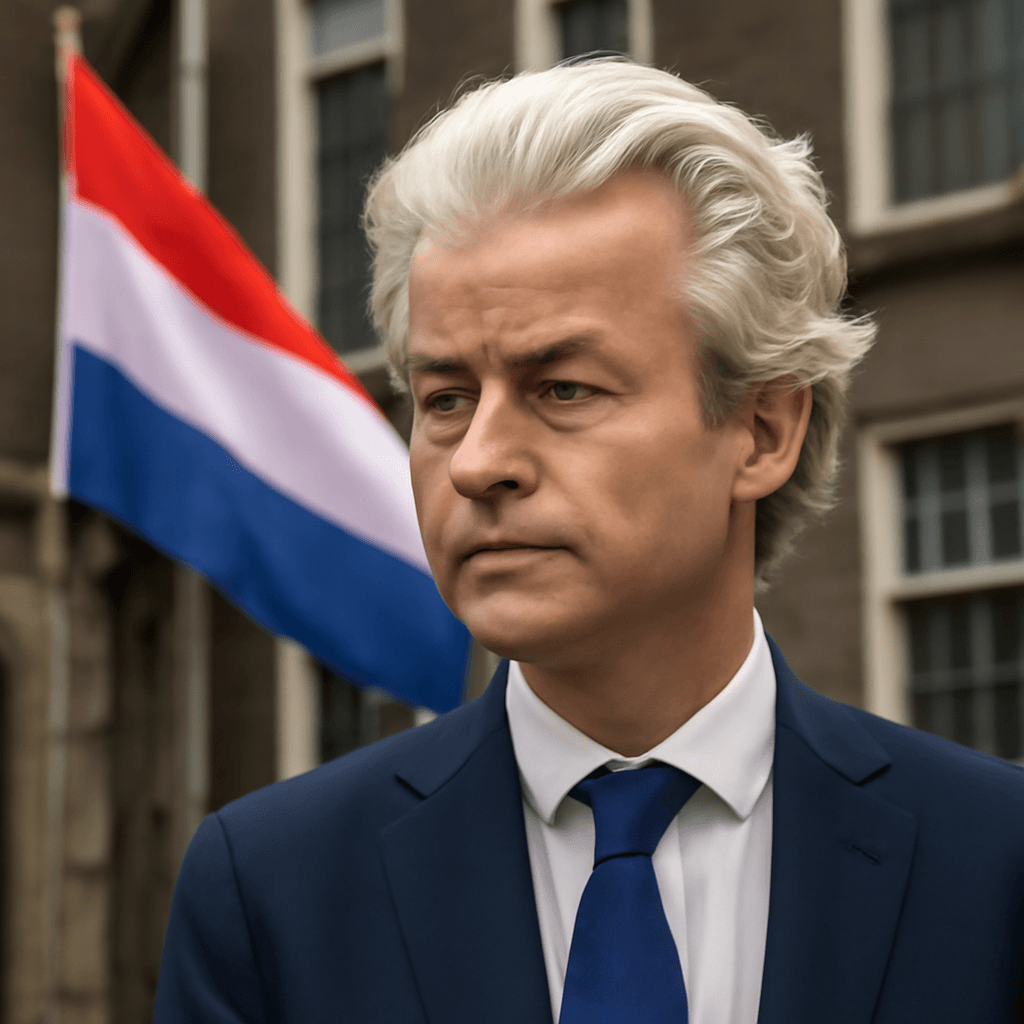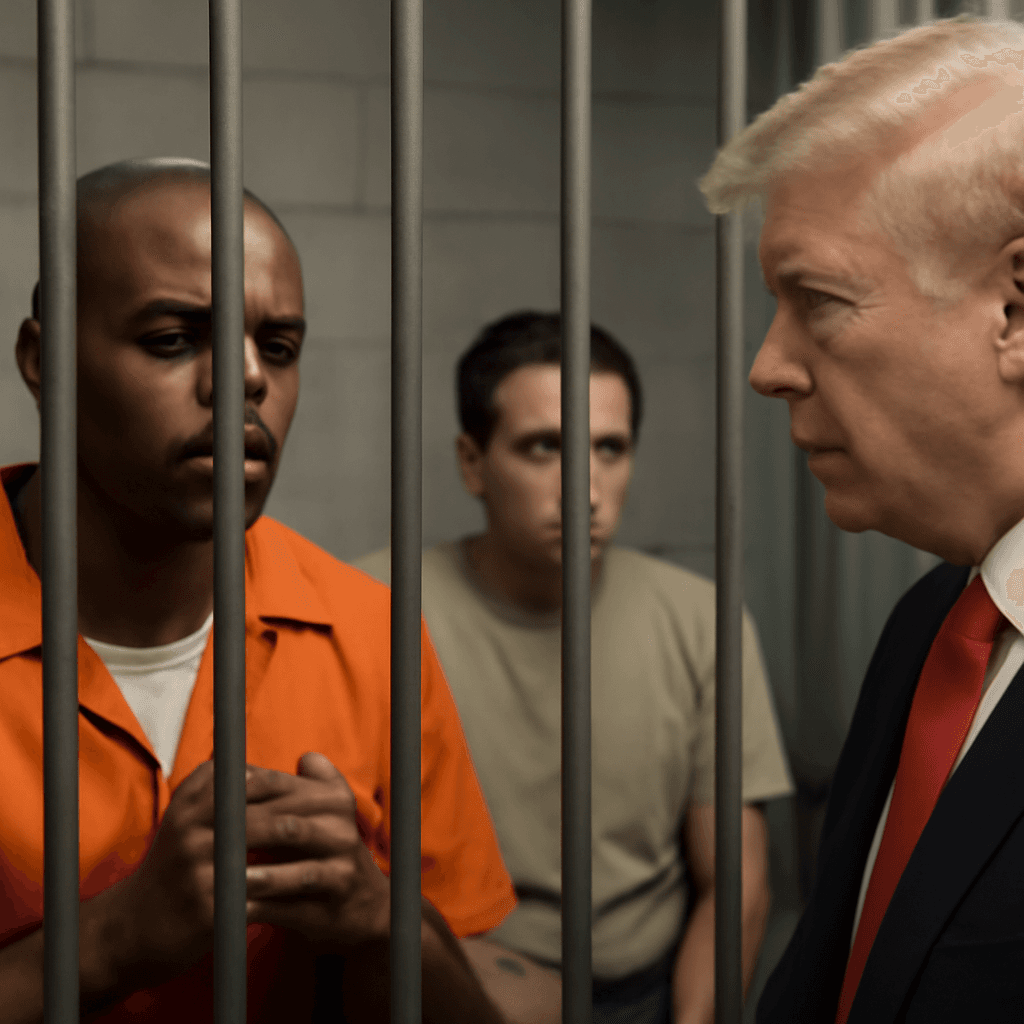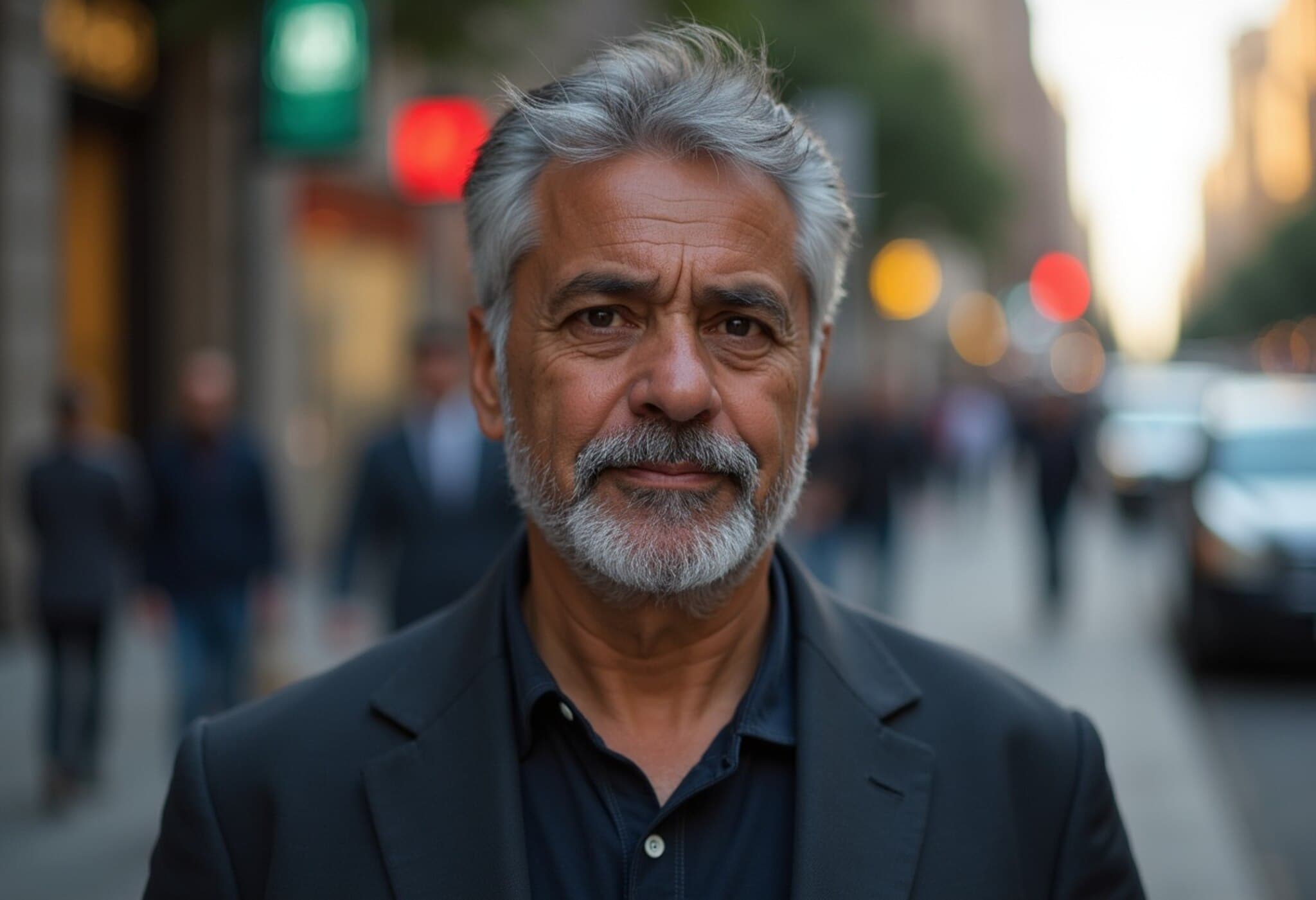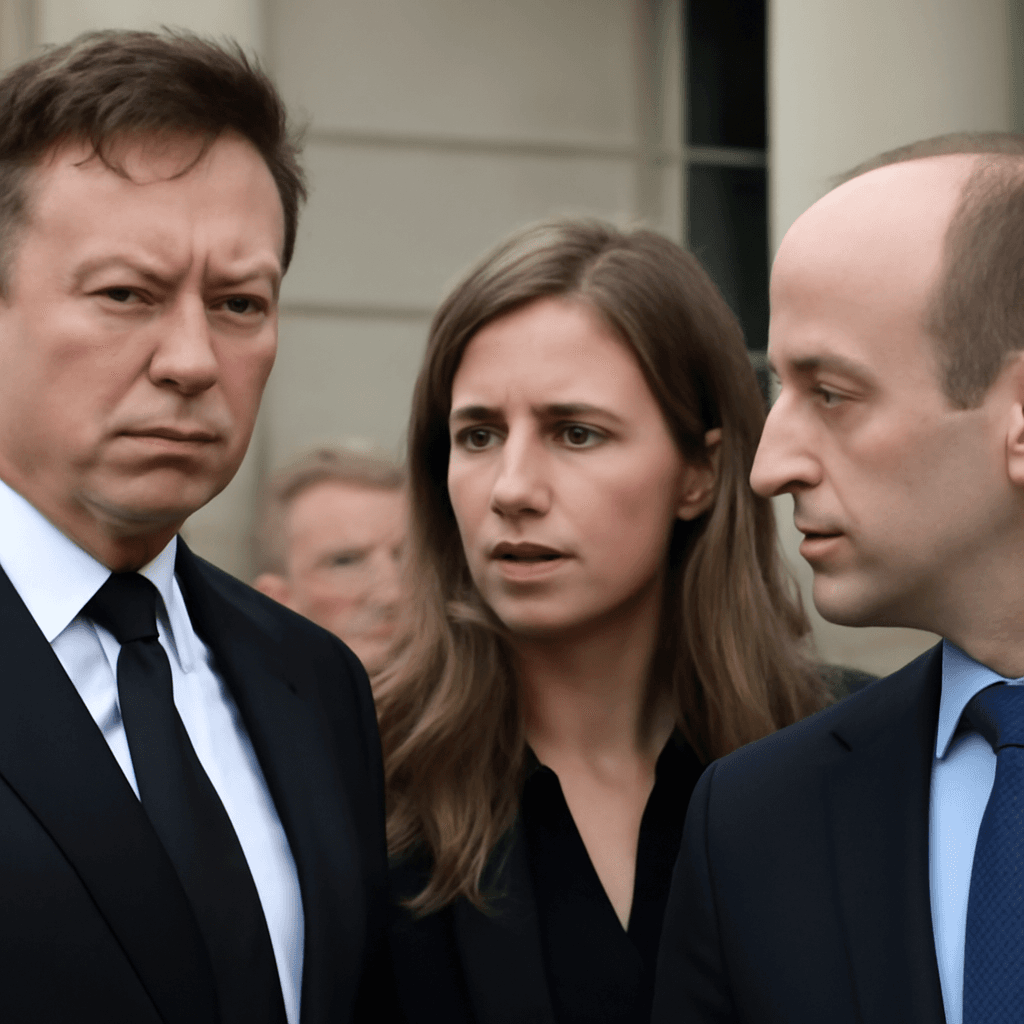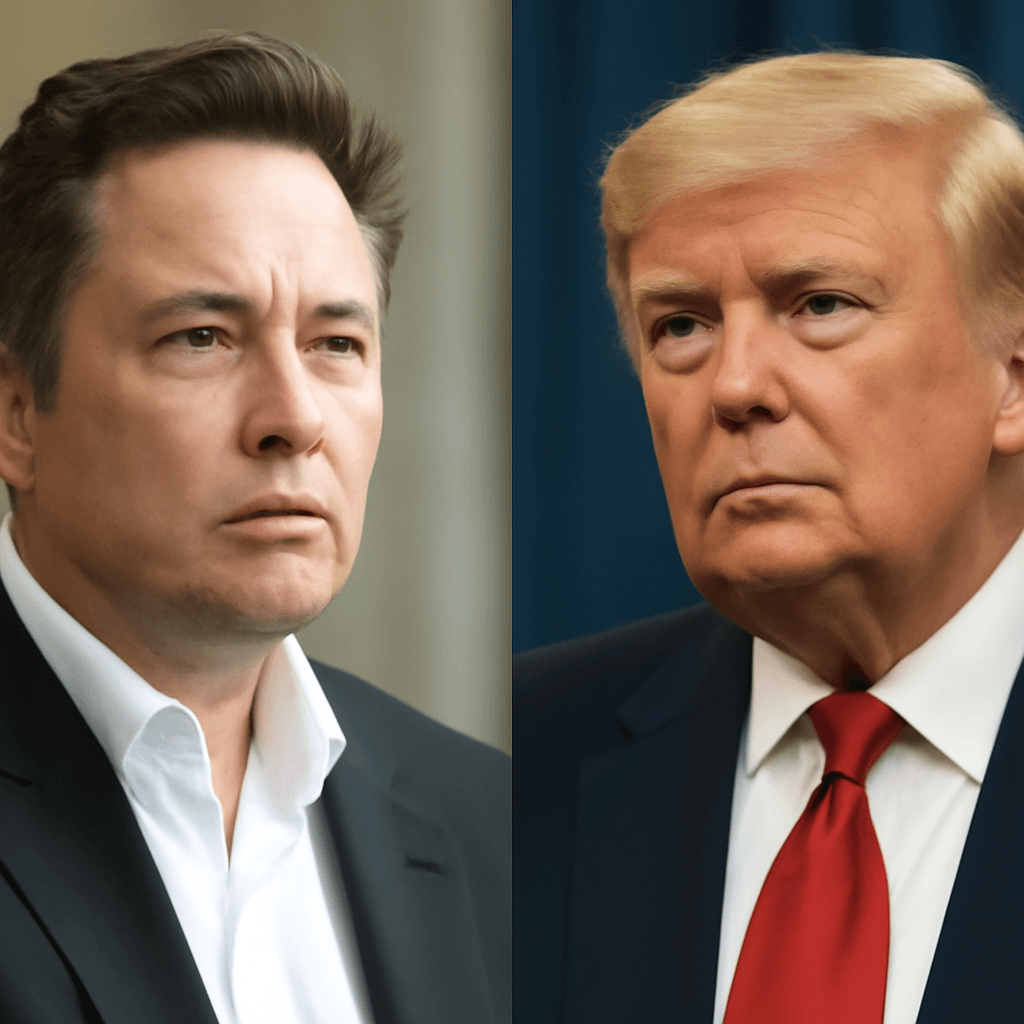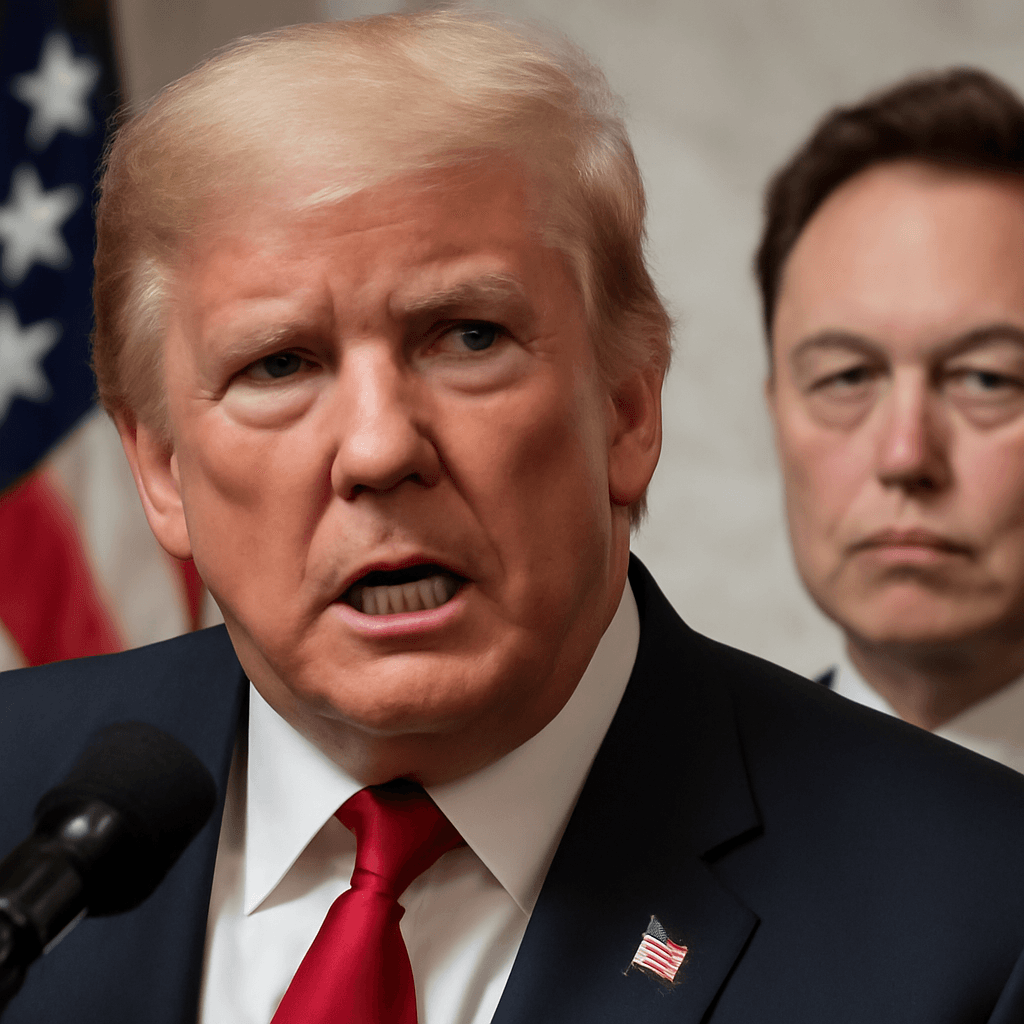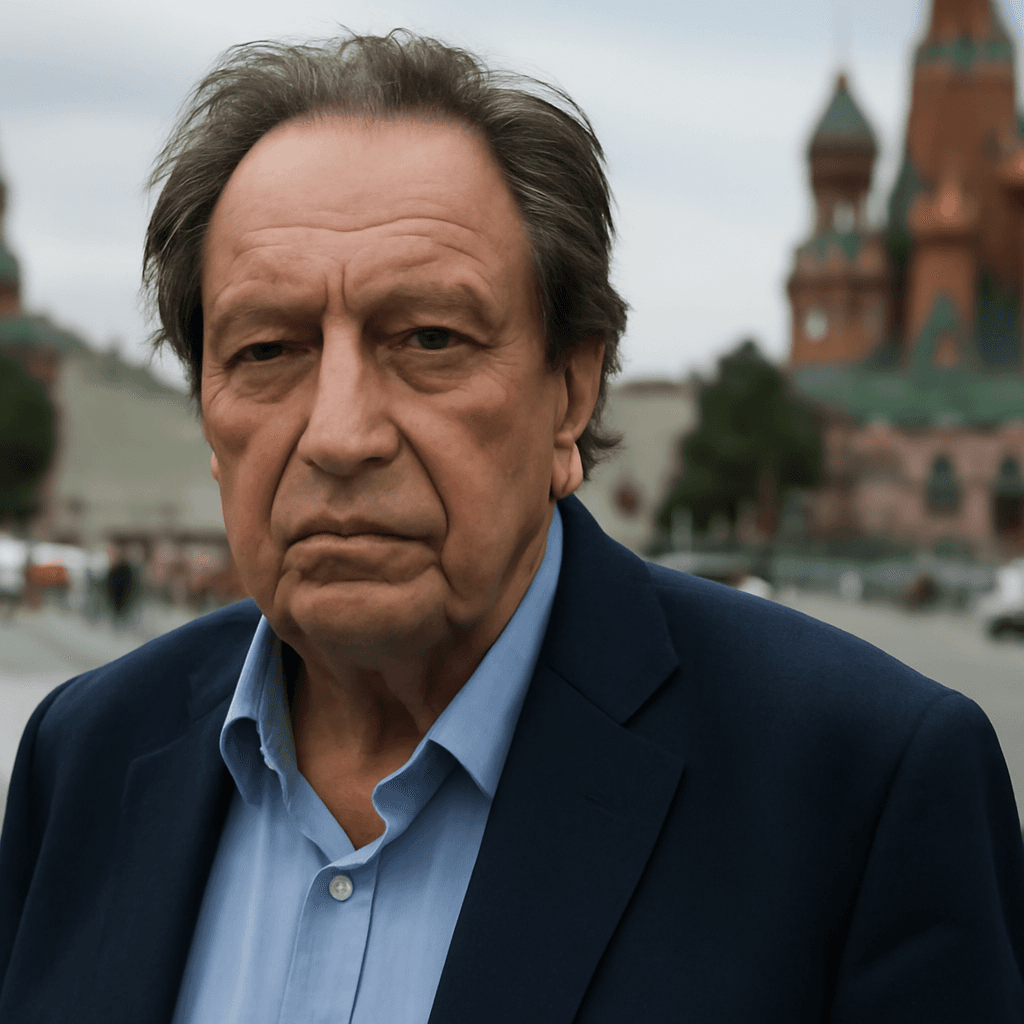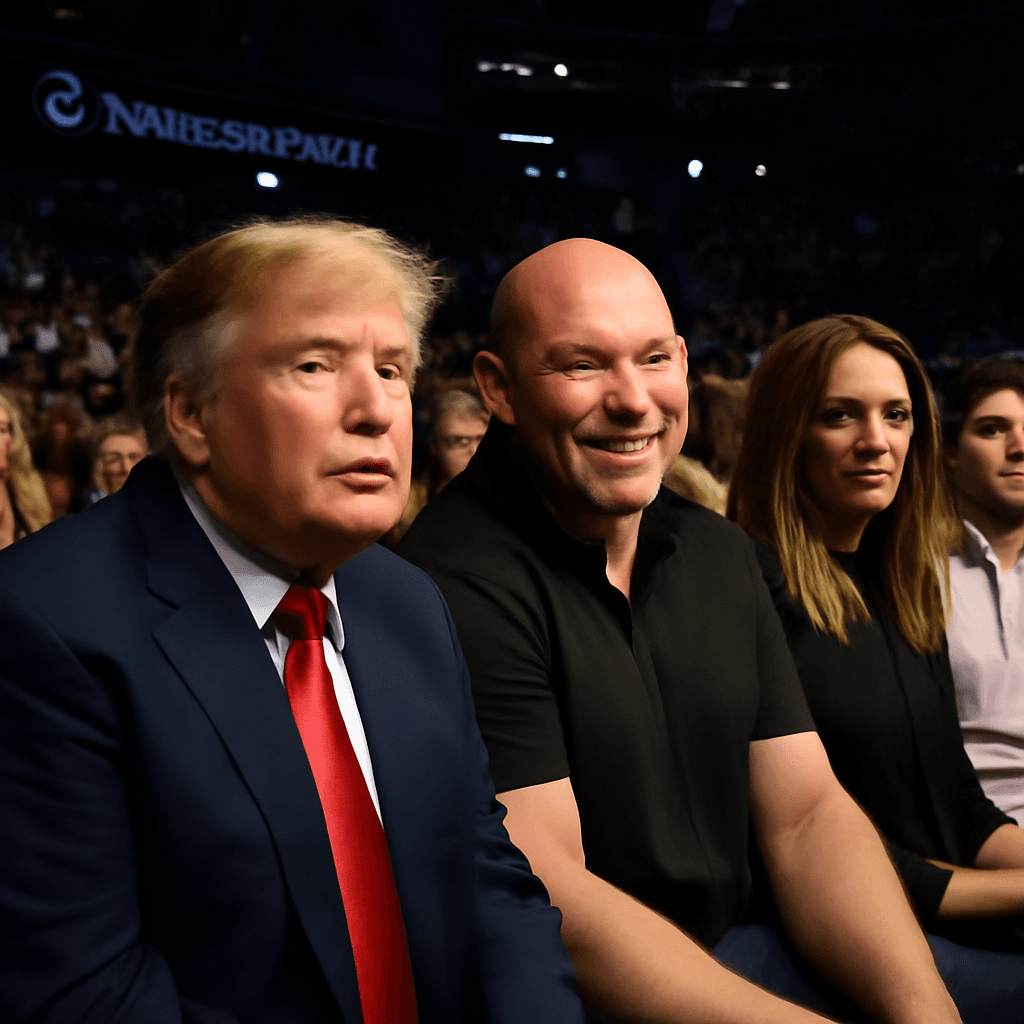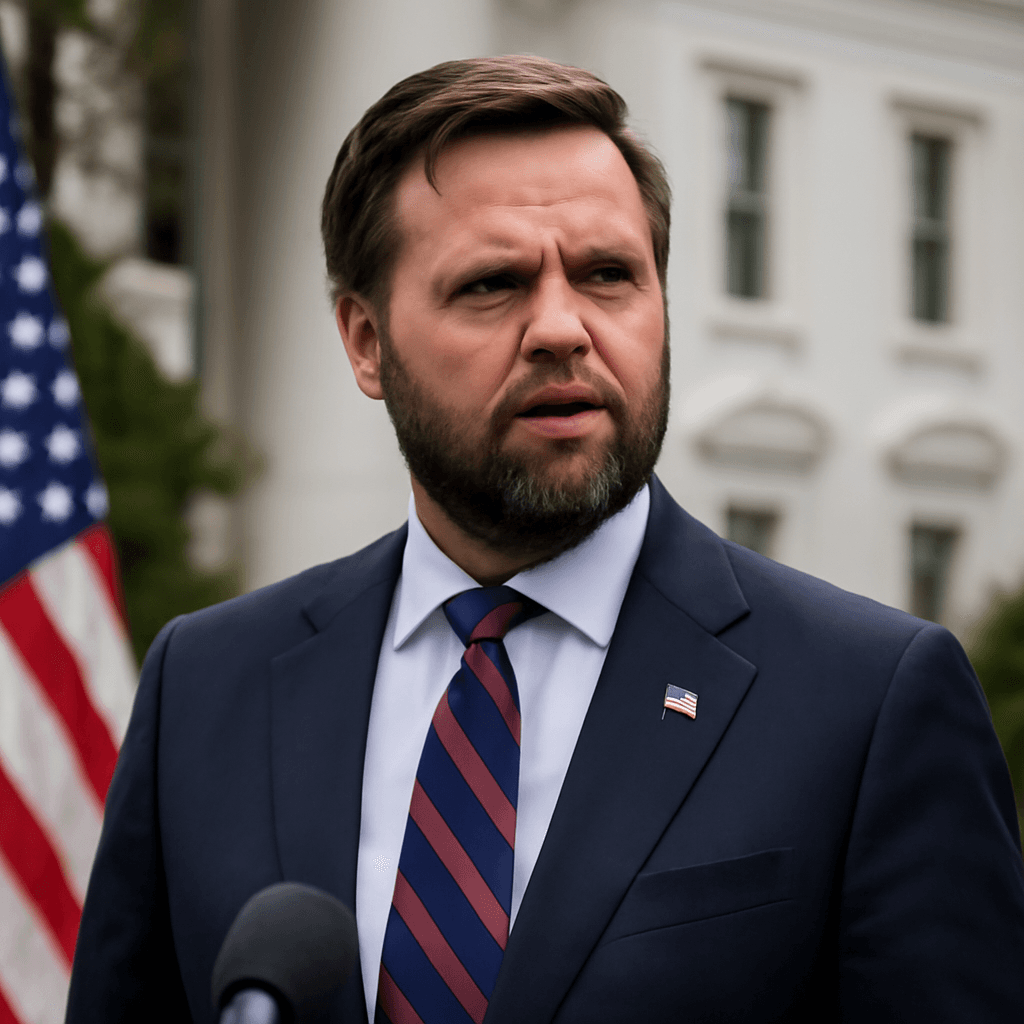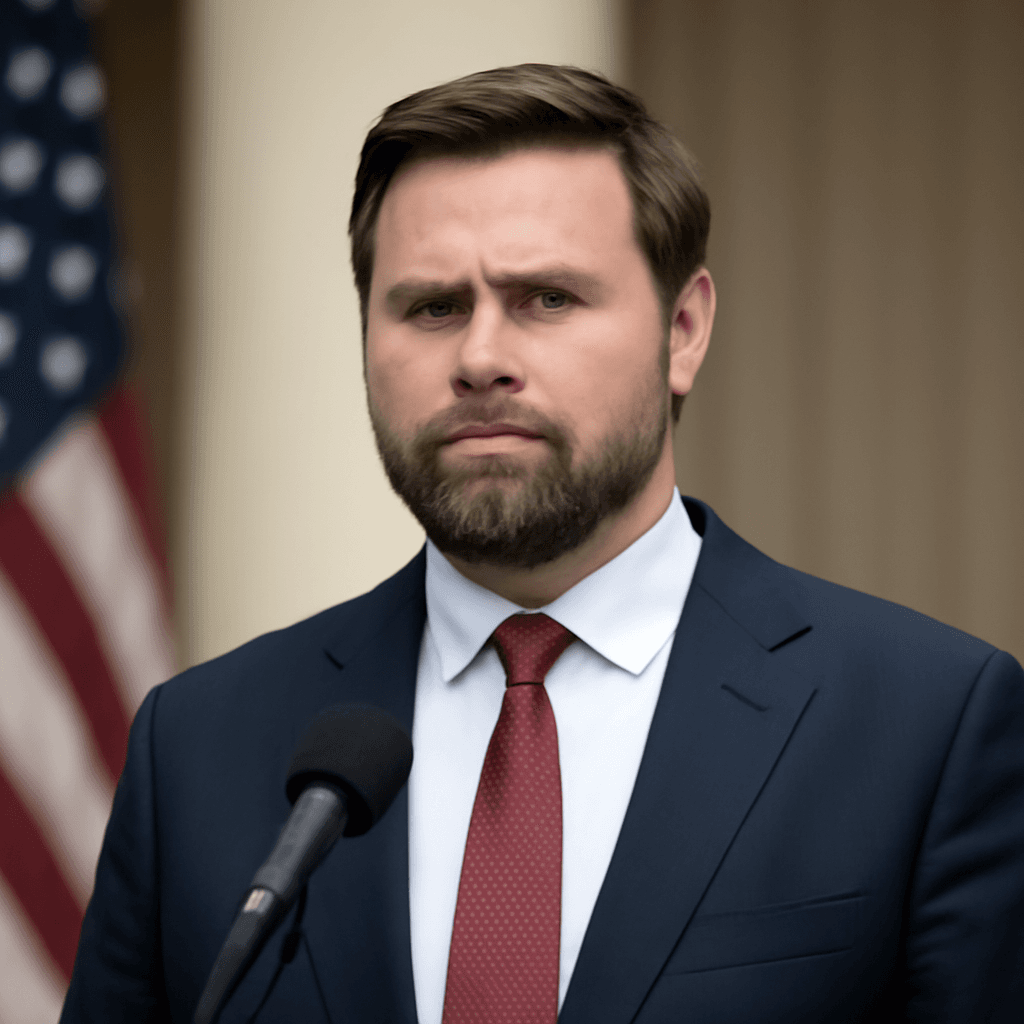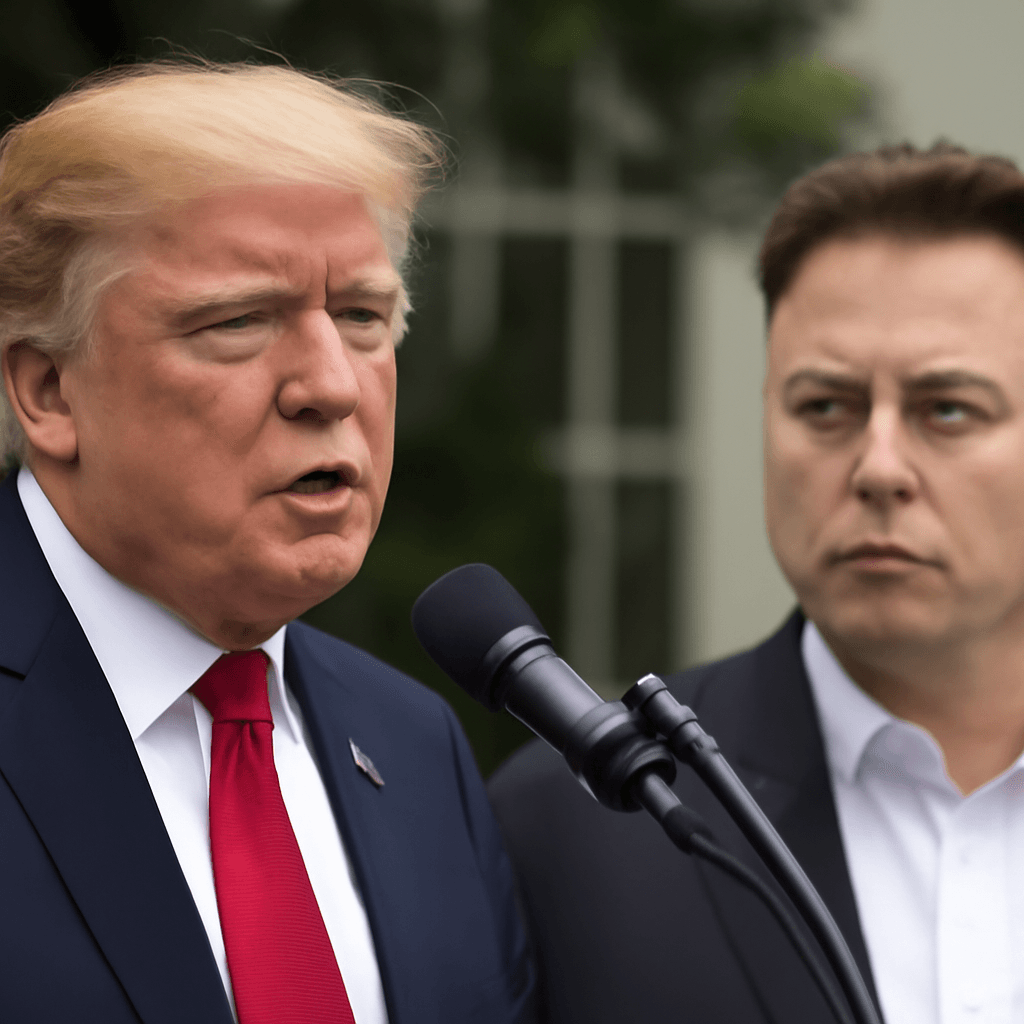Trump Distances Himself from Kilmar Abrego Garcia's Return to U.S.
President Donald Trump stated on Saturday that the decision to bring Kilmar Abrego Garcia, a Maryland man mistakenly deported to El Salvador, back to the United States to face federal charges was not his. "The Department of Justice decided to do it that way, and that's fine," Trump said during a phone interview.
The president also emphasized that the case against Abrego Garcia should be straightforward for federal prosecutors. "It should be a very easy case," he added.
No Direct Talk with El Salvador’s President on the Matter
Despite previous communications between Trump and El Salvador’s President Nayib Bukele, the U.S. president explained he did not discuss Abrego Garcia's return with him. This came shortly after Abrego Garcia was charged in a federal indictment related to transporting individuals unlawfully within the country.
Background of the Controversial Deportation and Legal Battle
Abrego Garcia’s deportation sparked a lengthy legal dispute that escalated to the Supreme Court. His family and legal team describe him as a devoted family man, while the Trump administration alleges ties to the gang MS-13, framing the case within a broader effort to enforce strict immigration and deportation policies.
Although Abrego Garcia was deported despite having prior legal protections, the administration initially did not seek to reverse the decision. However, following the Supreme Court's ruling, the government moved to bring him back for trial.
Political Reactions and Criticism
Democrats, including Senator Chris Van Hollen of Maryland, criticized the deportation, arguing that Abrego Garcia was denied due process and should have been allowed to challenge his removal before deportation. Trump dismissed Van Hollen’s defense as weak, labeling him a "loser" and accusing him of supporting someone with a "horrible record," especially concerning abuse of women.
Charges and Legal Allegations
On Friday, Attorney General Pam Bondi described Abrego Garcia as a human smuggler, alleging he conducted over 100 trips facilitating illegal transport of people, including women and children. Conversely, Abrego Garcia's lawyer condemned the charges as an "abuse of power, not justice."
What Lies Ahead?
The case remains a focal point in the ongoing national debate on immigration enforcement, deportation policies, and due process rights. As federal prosecutors prepare to move forward, many eyes remain fixed on how justice will be administered and how this case might influence similar future proceedings.

